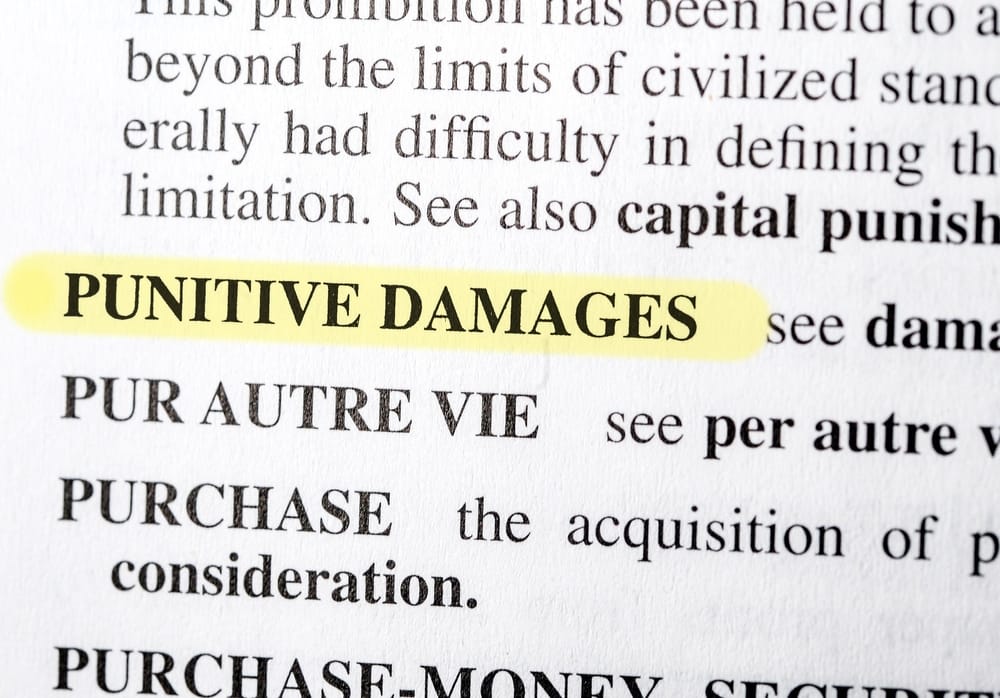Mesothelioma Victim’s Punitive Damages Award Stands
A New York judge has denied an asbestos company’s request to dismiss a mesothelioma victim’s punitive damages claim against them. Burnham, LLC, a company long known for having manufactured boilers containing asbestos, offered multiple reasons why the punitive damages claim filed by Anthony Fleischman and his wife was not appropriate and should be removed from their personal injury lawsuit, but Justice Suzanne Adams of the Supreme Court of New York County said that the company’s arguments fell short of making their case.

Boiler Worker Diagnosed with Mesothelioma After Years of Asbestos Exposure
According to the claim filed by the Fleischmans, Anthony Fleischan’s pleural mesothelioma diagnosis followed years of working with numerous products and pieces of equipment known to have been contaminated with asbestos, including Burnham boilers. They named multiple defendants and specified a request for punitive damages, generally used to punish reckless disregard for a plaintiff’s wellbeing, to be assigned to the boiler manufacturer.
In response, Burnham LLC filed a petition for summary judgment, asking the court to dismiss that part of the couple’s mesothelioma filing. To support their petition, the company asserted that they had never had a workers’ compensation claim filed against them for asbestos-related disease and that the asbestos exposure he would have experienced from their boilers would have fallen below TLV or PEL/OSHA limits. They argued that these two facts were an indication that they had not demonstrated reckless disregard for safety.
Mesothelioma Victim Points to Company’s Knowledge of Dangers of Asbestos
In response to the company’s motion to dismiss, Mr. Fleischman’s attorney noted that the company had never taken action to warn about the hazards of asbestos despite knowing that it was dangerous. The judge reviewed the evidence and agreed that Burnham LLC had fallen short of the requirement to show that punitive damages were not warranted in the case. She also found that a reasonable juror could review the evidence and decided that the company had prioritized its own profits over the plaintiff’s wellbeing, and said that it was up to a jury to determine whether punitive damages should be assigned.
The ruling reinforces that punitive damages remain available in mesothelioma cases when evidence suggests a company knowingly ignored asbestos hazards. Courts have repeatedly held that compliance arguments based solely on exposure limits do not shield manufacturers from liability when they fail to warn workers of known risks. For mesothelioma victims, decisions like this confirm that juries are permitted to weigh corporate conduct, historical knowledge, and profit-driven choices when determining whether punitive damages are warranted.


FREE Financial Compensation Packet
- Info on law firms that will recover your HIGHEST COMPENSATION
- Learn how to get paid in 90 days
- File for your share of $30 billion in trust funds

